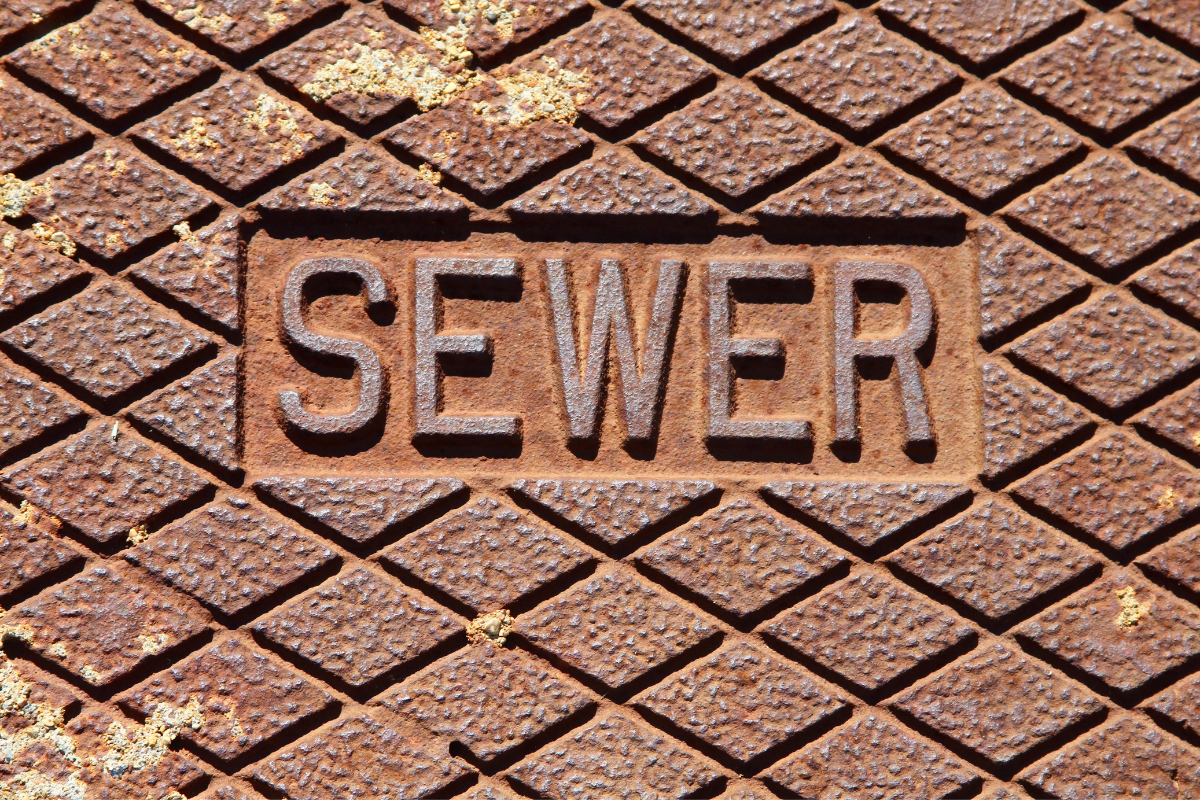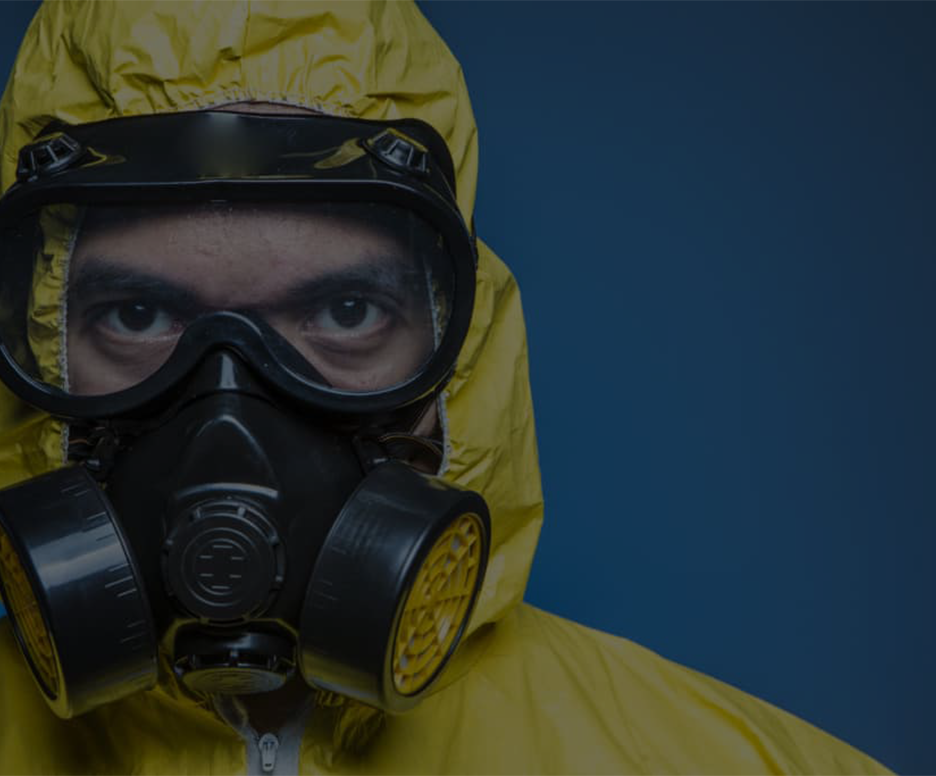
Understanding, Preventing, and Managing Sewer Backups
By: 911 Water Damage Experts
Sewer backups can be a homeowner’s nightmare, causing damage to property, posing health risks, and requiring costly repairs.
Understanding the causes, implementing preventative measures, and knowing how to address these issues is crucial.
In this data-driven article, we’ll explore the top 10 causes of sewer backups, offer solutions to mitigate the risks, and provide answers to the most frequently asked questions about sewer backups.
Let’s get right into it!
What Are The Top Causes Of Sewer Backups
Tree Roots
Tree roots seeking moisture and nutrients can infiltrate sewer lines through cracks or joints, causing blockages over time.
Grease Accumulation
Improper disposal of cooking grease down drains leads to the buildup of fats and oils in sewer pipes, restricting the flow of wastewater.
Foreign Objects
Flushing non-biodegradable items such as paper towels, wipes, and hygiene products can result in blockages and sewer backups.
Collapsed Sewer Lines
Aging infrastructure or shifting soil can cause sewer lines to collapse, impeding the normal flow of wastewater.
Heavy Rainfall
Intense rain can overwhelm sewer systems, leading to a surge in water volume that exceeds the capacity of pipes and causes backups.
Improper Installation
Poorly installed sewer lines or incorrect slope gradients may impede the proper flow of wastewater, resulting in backups.
Fluctuations in Water Pressure
Sudden changes in water pressure can push wastewater back into homes through drain pipes.
Sanitary Main Blockages
Blockages in the main sewer line, often caused by a buildup of debris, can result in backups affecting multiple homes.
Sewer System Design Flaws
Inadequate design of sewer systems, such as undersized pipes, can contribute to backups during peak usage times.
Broken Sewer Pipe Seals
Seals connecting sewer pipe sections may degrade over time, allowing water to escape and leading to sewer backups.
What Are The Top Solutions To Sewer Backups?
Regular Maintenance
Schedule routine inspections and maintenance to identify and address potential issues before they escalate.
Proper Waste Disposal
Educate residents about proper waste disposal, especially regarding grease, which should be collected in a container and thrown in the trash.
Tree Root Management
Regularly inspect and trim tree roots near sewer lines, and consider installing root barriers to prevent infiltration.
Installation Quality Assurance
Ensure that sewer lines are installed correctly with proper slopes, materials, and seals to prevent future issues.
Sump Pump Installation
Installing a sump pump can help divert excess water away from the home’s foundation and prevent basement flooding during heavy rainfall.
Backwater Valve Installation
A backwater valve can prevent sewage from flowing back into the home by automatically closing during a sewer main backup.
Upgrading Sewer Lines
Consider upgrading to more durable materials for sewer lines, reducing the risk of collapses and other structural issues.
Rainwater Management
Implement effective rainwater management solutions, such as redirecting downspouts away from the foundation and installing rain gardens.
Public Awareness Campaigns
Municipalities can run public awareness campaigns to educate residents about proper sewer usage and the impact of certain behaviors.
Emergency Preparedness
Develop and communicate emergency plans to residents, providing guidance on what to do in the event of a sewer backup.
FAQs
- How can I tell if I have a sewer backup?
- Common signs include multiple drains clogging simultaneously, gurgling sounds from drains, and unpleasant odors.
- Can I prevent sewer backups on my own?
- Yes, regular maintenance, proper waste disposal, and installing preventive measures like backwater valves can significantly reduce the risk.
- How often should I have my sewer lines inspected?
- Annual inspections are recommended, but more frequent checks may be needed for older homes or in areas prone to tree root infiltration.
- What should I do if I experience a sewer backup?
- Contact a professional plumber immediately, avoid using water in the affected areas, and, if safe, disconnect electrical appliances.
- Does homeowners insurance cover sewer backups?
- It depends on the policy. Some may require a separate endorsement, so homeowners should check and, if necessary, add coverage.
- Are there eco-friendly solutions for preventing sewer backups?
- Yes, implementing rain gardens, using biodegradable soaps, and reducing water usage contribute to eco-friendly sewer management.
- Can I plant trees near sewer lines without causing issues?
- It’s advisable to consult with an arborist to select tree species with non-invasive root systems and to regularly monitor and manage roots.
- Are there DIY solutions for minor sewer backups?
- While some issues may have DIY solutions, it’s generally safer to consult with a professional plumber to avoid exacerbating the problem.
- Can preventive measures eliminate the risk of sewer backups completely?
- While no method guarantees complete elimination, a combination of preventive measures significantly reduces the likelihood of sewer backups.
- How do I choose the right backwater valve for my home?
- Consult with a licensed plumber to assess your home’s specific needs and select a backwater valve that meets local building codes.
Conclusion
Sewer backups are a serious concern, but with proper understanding, proactive measures, and community involvement, homeowners can minimize the risks and protect their properties.
Regular maintenance, responsible waste disposal, and the installation of preventive measures are essential components of a comprehensive strategy to address and prevent sewer backups. Stay informed, take action, and collaborate with professionals to create a safer and healthier living environment for everyone.
If you have any questions about our article, “Health Hazards Of Smoke Damage & Solutions On How To Remove It” or need water damage restoration services feel free to call us at 1-833-WE-DRY-IT any time 24/7/365 or chat with us on LiveChat or social media.
Related Posts
Fire Damage Restoration Articles
The Dos And Don’ts Of Commercial Fire Damage
Forest Fire House Damage: What To Do After Your House Is Damaged By A Forest Fire And Who to Call?
Fire prevention tips for the summer
How to clean up after a house fire
Fire damage restoration checklist
Fire damage tips: 6 hazards property owners miss
How smoke from fires can negatively affect your health
What are the most common causes of house fires?
10 helpful smoke damage cleaning tips
Mould Removal Restoration Articles
Is Bathroom Mould Dangerous? Powerful Mould Prevention Tips Inside
Dangers Of Bathroom Mould And Tips On How To Clean And Prevent It
Got Bathroom Mould? Here Are Some Must-Know Bathroom Mould Cleaning Tips
5 Signs You Have Mould Growing In Your Walls
“Can I Remove Mould Myself?” Our Mould Removal Experts Have Answers
7 Must-Know Reasons Why You Should Get A Mould Inspection Before Buying A House
Does Mould Attract Bugs? Yes And Here’s What Kind And Why
How To Remove Mould From The Attic [Mould Prevention Tips Inside]
How Rain Causes Mould Growth-Prevention Tips Included
Must-Know Tips: How To Remove Mould In Your Basement
Water Damage Restoration Articles
How to prevent home storm damage
What you can expect from a fire damage restoration company
Water damage prevention tips from the most common problems we’ve seen
Top causes of water damage in commercial buildings and how to find them
Must-know water damage tips: What to do after your house floods
What does good water damage restoration look like?
DIY water damage restoration and the hidden dangers
How to choose the right water damage company
Flast floods: What to do before, during and after a flash flood
What to do when your attic leaks?
This is why water damage is a silent home killer
Related Water Damage Services
Fire damage restoration services
Water damage restoration services
Emergency cleanup services
Mould removal services
Weather damage services

